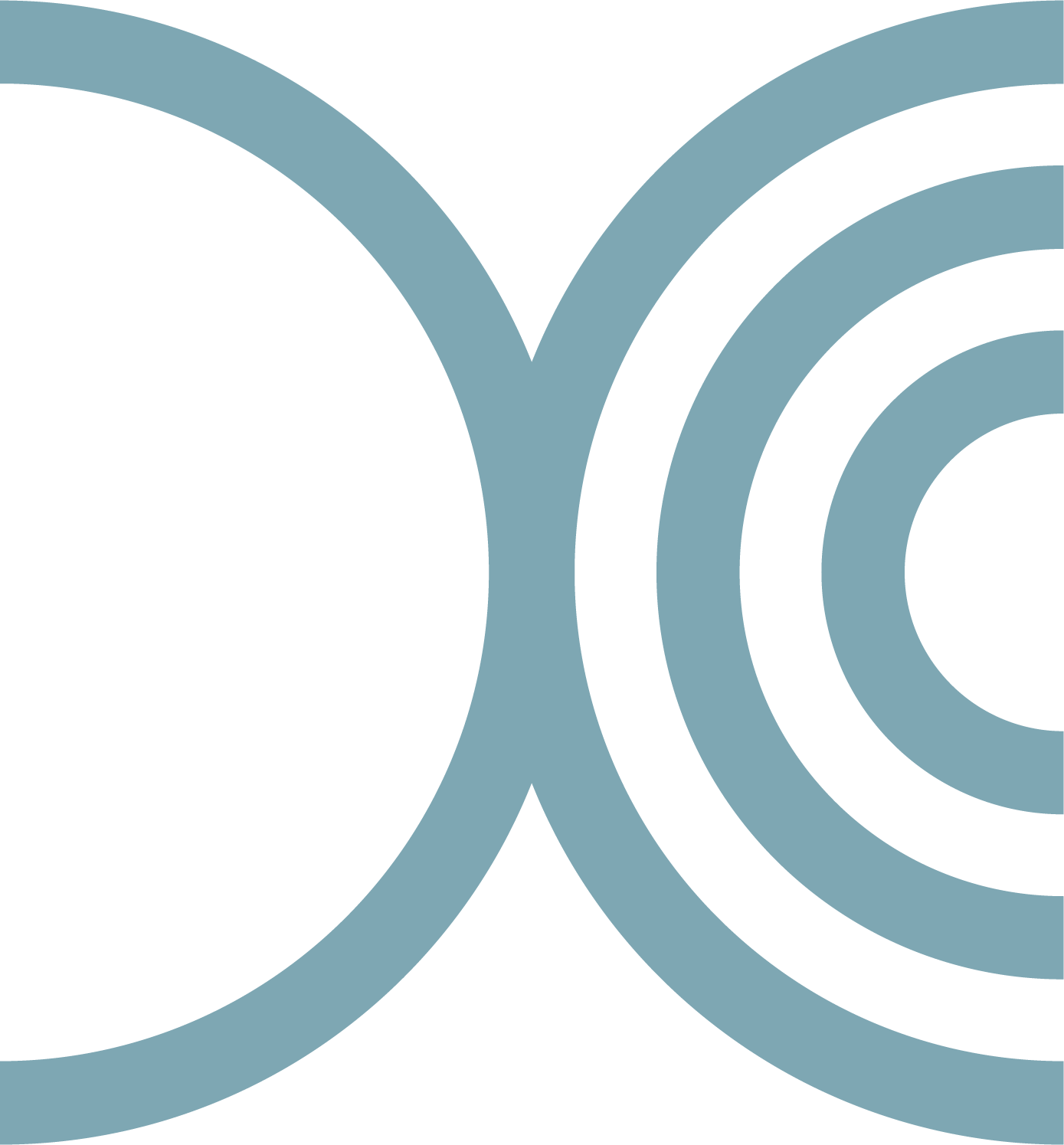Photo: DCCC/Canva
09-06-2023
In this application round, DCCC's fund has been awarded to the establishment of a national network focusing on young adults with cancer, as well as an initiative aiming to facilitate knowledge sharing on health-promoting behavior for cancer patients. Additionally, support is provided for the preparation of a national investigator-initiated study.
Three new initiatives have received support from DCCC following the second application round in 2023. They all contribute to DCCC's vision that all Danish cancer patients should have access to optimal and research-based diagnostics, treatment, and follow-up care.
Below, you can read more about the three supported initiatives. Remember that the next application round has a deadline of September 3rd - Read more by clicking here (in Danish).
Support for planning a circulating tumor DNA study
Glioblastoma (GBM) is an incurable brain tumor with a median survival of 16-24 months. The current treatment for GBM consists of surgery followed by chemotherapy and radiation therapy. The evaluation of treatment effectiveness is primarily done clinically and through the use of MRI scans. However, this evaluation is not optimal in terms of providing a basis for clinical decisions.
Studies in other cancer types have shown a correlation between circulating cancer DNA (ctDNA) and cancer progression. This opens the possibility of using ctDNA to improve the evaluation of treatment effectiveness.
DCCC supports the planning of a national investigator-initiated study with the aim of developing a targeted GBM panel using plasma. If it is successful in identifying ctDNA in plasma from GBM patients, it has the potential to provide better opportunities for evaluating treatment effectiveness and thus form a stronger basis for clinical decisions.
By developing a targeted gene panel based on plasma from brain tumor patients, a promising approach to evaluating treatment effectiveness and identifying pseudoprogression in GBM patients emerges. This could enable more precise and individually tailored treatment as well as better selection of patients for recurrence surgery or experimental treatment.
New national research network for and with young adults with cancer
In Denmark, approximately 1,600 young adults aged 18-39 are diagnosed with cancer each year. International and Danish research has documented that this smaller group of cancer patients faces complex challenges and specific needs during and after cancer treatment. The combination of being in an identity-forming phase of life and having cancer gives rise to complex issues that require a special interdisciplinary focus.
Unfortunately, there are no clinical and research environments with age-specific departments within the field of cancer in Denmark. Therefore, a group of clinicians and researchers in the field of cancer intends to establish a new network focusing on research about and with individuals diagnosed with cancer in this age group. Ultimately, the vision is to integrate the network's knowledge and experiences with other networks that deal with this target group, such as the Danish Psycho-Oncology Cooperative Group.
The network plans to initiate several activities in the coming two years. The purpose is to identify existing research projects within cancer in young adults, expand members' research networks, and discuss possibilities for future research collaborations across the country.
The group behind the application expects that the network can contribute to lifting, improving, and disseminating research about and with young adults in cancer journeys. The initiative for the research network is supported by DMCG.dk and Ung Kræft in Kræftens Bekæmpelse (the Danish Cancer Society).
Interdisciplinary collaboration on increased motivation for health-promoting behavior in cancer patients: From research to action
We know that health behavior, including the lifestyle factors (KRAM) - smoking, overweight, diet, exercise, and alcohol - plays an important role in cancer patients' treatment journeys. However, translating this knowledge into clinical practice for the benefit of patients can be a challenge. For clinicians in cancer departments, it can be difficult to address health behavior if the patient is not motivated. Therefore, creating a common approach to working with patient motivation is crucial.
There is a need for interdisciplinary guidelines involving doctors, nurses, physiotherapists, and dietitians to address health behavior and its significance for cancer patients.
The initiative, which has received support to disseminate knowledge in this area across the country, will hold an interdisciplinary theme day for researchers and clinicians from both primary and secondary sectors, as well as patient associations. The focus will be on the research-based evidence for health behavior and its importance for cancer patients. The intention is to establish a framework for the development of national guidelines for the implementation of health behavior in practice and to improve patient treatment across sectors.
DCCC fund
If you have an activity or network relevant to DCCC's work, submit your application before the next application round's deadline on September 3rd. Learn more about requirements, categories, etc., by clicking here.
